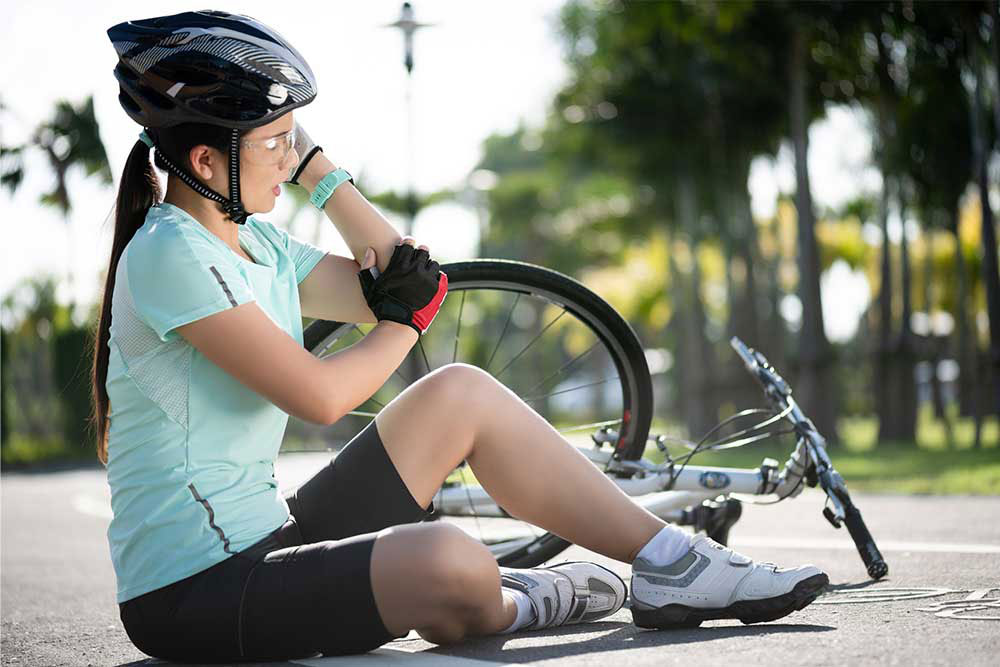Women’s Health Physiotherapy


The Benefits To Women’s Health Physiotherapy
 Reduce pelvic pain
Reduce pelvic pain
 Better sex life
Better sex life
 Return to daily activities such as fitness
Return to daily activities such as fitness
 Management of menopausal symptoms
Management of menopausal symptoms
 More comfortable birth
More comfortable birth
 Not needing to rely on continence pads
Not needing to rely on continence pads
 Improved bladder control
Improved bladder control
What conditions can we help with?
 Pregnancy related musculoskeletal problems, such as back pain, carpal tunnel syndrome, sciatica or pelvic pain
Pregnancy related musculoskeletal problems, such as back pain, carpal tunnel syndrome, sciatica or pelvic pain
 Pelvic floor dysfunction
Pelvic floor dysfunction
 Bowel dysfunction
Bowel dysfunction
 Bladder dysfunction
Bladder dysfunction
 Pelvic pain
Pelvic pain
 Pelvic organ prolapse
Pelvic organ prolapse
 Incontinence
Incontinence
 Sexual dysfunction
Sexual dysfunction
 Pre and Post Menopause challenges
Pre and Post Menopause challenges
 Sports injury or direct trauma
Sports injury or direct trauma

How can Women’s Physiotherapy help me?
Firstly, to reassure you that you are not alone. There are so many women that could benefit from the help and support that we can provide, but do not feel confident enough to bring this out into the open.

Women’s Physiotherapists have been specially trained to evaluate and treat all of the musculoskeletal issues that can affect women during their lifetimes. They also have a specialised understanding of the differences and the impact of hormones on their treatment and recovery. The concerns that we see are as varied and diverse of the women that have them and can include everybody from young women to post menopausal women.
Physiotherapy can improve the stability of the pelvis, which could help relieve pain and incontinence. This often means that it can prevent the need for surgery or medication.
Our skilled therapists would use a variety of techniques, including, but not limited to manual therapy, exercises and neuromuscular re-education to restore normal joint mobility, improve muscular balance and control and teach new movement patterns. Our focus is on rehabilitation and showing you how you can help yourself, while at the same time preventing any new injuries or problems.
Overall, our Women’s Health Physiotherapists empower women to understand how their bodies work and take charge of their own health.
Women’s Health Physiotherapy in numbers
50% of women who have had children will experience some form of pelvic organ or vaginal prolapse.
1 in 3 women will experience some form of urinary incontinence (a leaky bladder) at some point in their life.
20% of women aged 18-50 will complain of chronic pelvic pain at some point in their life.
60% of women who have not had children will have some significant bladder, bowel or pain symptoms associated with the pelvic floor.
100% of women will go through the menopause.
50-70% of pregnant women worldwide struggle with lower back pain
10% of women find sex painful














